Learn about anti-aging products, my favorite skincare products, and the ingredients that are proven to reserve and prevent signs of aging!
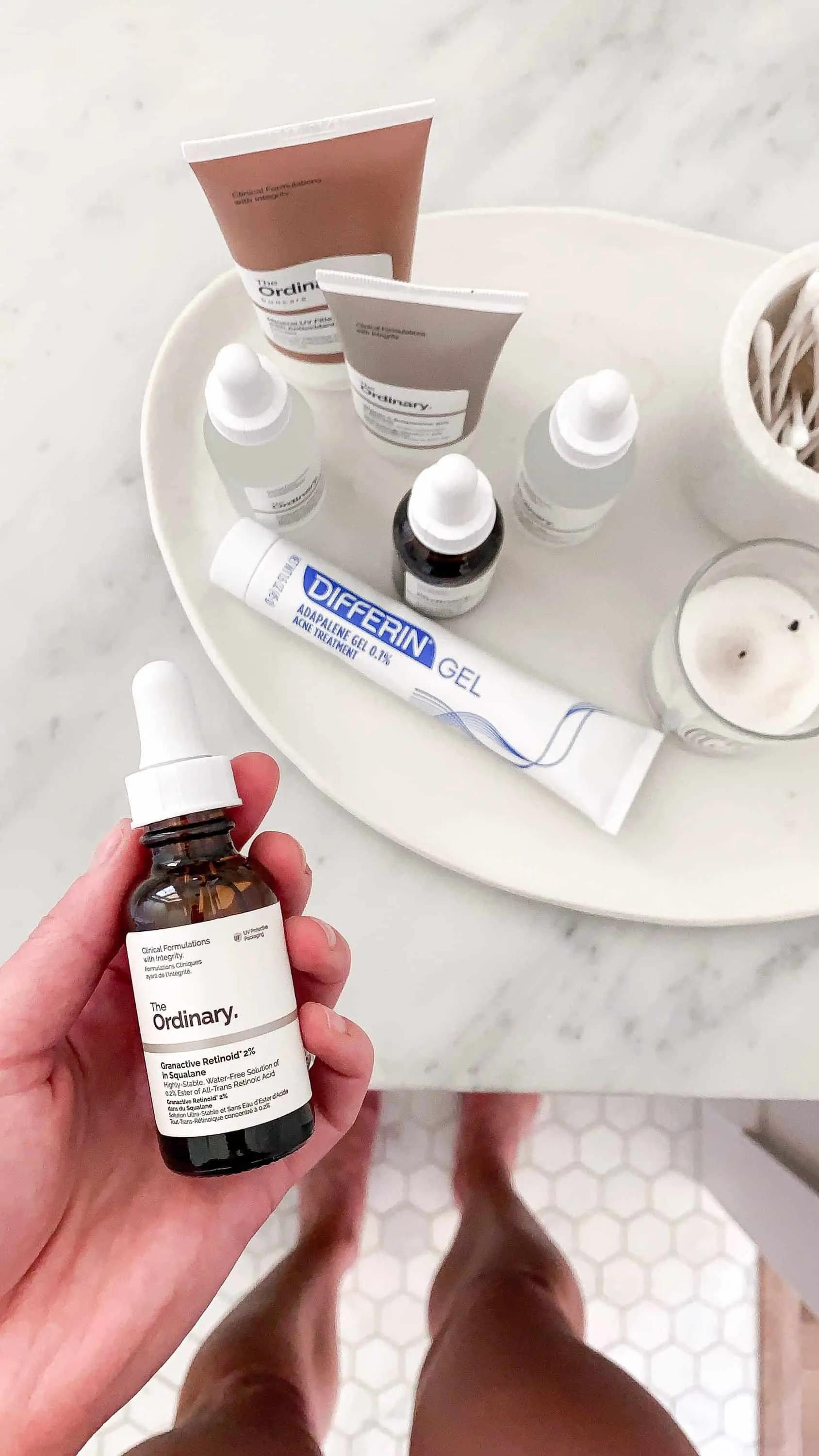
The Only 3 Anti-Aging Products You Need
I recently wrote a blog post sharing a LOT of scientific and detailed information about anti-aging products. This post was sparked out of a curiosity about Retinol.
I had heard of Retinol as being the best, more effective anti-aging product, but I wasn’t exactly sure what it was or how to use it.
So I started to dive deep into clinical trials and medical journals to learn more about Retinol. This lead me to a path of discovering that there are few proven products that aid in the reversal or prevention of aging skin.
This post received a huge response from readers, and I hope it has been helpful for everyone that has read it! I also received some comments saying it was a little too in depth with too many options and a bit overwhelming.
So I wanted to write this post to simplify what I learned. If you’re interested in reading more, you can click here for an in-depth post about the best anti-aging products, and sources to all of the information.
Here’s a very simple summary of what I learned about Retinol and anti-aging products:
There are three ingredients that are proven to aid in the appearance of aging: Retinol, Vitamin C+E & Ferulic Acid, and sun protection.
Retinoids / Retinol
- Retinol is simply put, Vitamin A. Our skin begins to lose Vitamin A as it ages, and adding topical Retinol helps treat and prevent signs of aging.
- Retinol & Retinoids are not the same thing! Retinol must be converted into Retinoic Acid (the key ingredient!) before your skin can make use of it, thus prescription based Retinoids – which contain ready to use Retinoic Acid – are most effective.
- Note: It is said that Retinol can be just as effective as Retinoids, but it will take longer to see results.
- Retinol will cause dryness, flakiness, and breakouts when first added to your skin routine. These side effects will subside after about a month (sometimes longer).
- Retinol should NOT be used if pregnant, trying to get pregnant, or breast feeding.
- Retinol can cause sensitivity to the sun, so be sure to wear sunscreen.
- Do not use Retinol on the same night as using an AHA (glycolic or lactic acid).
Types of Retinol:
- Retinol (simple Vitamin A) – Least potent, least irritating.
- Adapalene (Differin) – Formerly prescription only, potent.
- Tretinoin (Retin-A, generic) – Most potent, prescription only.
- Tazarotene (Avage, Tazorac) – Most potent, prescription only.
- Granactive Retinoid: Offers the same results as Retinoic Acid without the irritation! Granactive Retinoid, is a solubilized system of Hydroxypinacolone Retinoate, is a non-prescription ester of retinoic acid. It offers a multi-fold better effect against signs of aging than retinol, retinyl palmitate and nearly all other forms of non-prescription retinoid. (source)
Vitamin C + E and Ferulic Acid
- This combination of antioxidants adds a powerful UV and free radical neutralizing barrier to the skin.
- When used together, they work synergistically.
- Products available with this combination: Kakadu C ™ Serum, SkinCeuticals, Drunk Elephant, Marie Veronique.
- When used individually, the benefits are minimal, so be sure to use a combination of products or a product that contains all three ingredients.
Sun Protection
- By now this is a given, but sunscreen should be used daily. Especially when using Retinol.
I hope this post was easy to digest and helpful for you! Below are some of the products I have tried and LOVED!
My Favorite Anti-Aging Products
- Retinol: Differin
…but I am currently trying The Ordinary without side effects, will let you know how I like it.
- Vitamin C: Marie Veronique
…but I am trying The Ordinary Reversatrol & Ferulic Acid in combination with Mario Badescu Vitamin C (a product I really LOVE!).
- Sunscreen: La Roche Posay
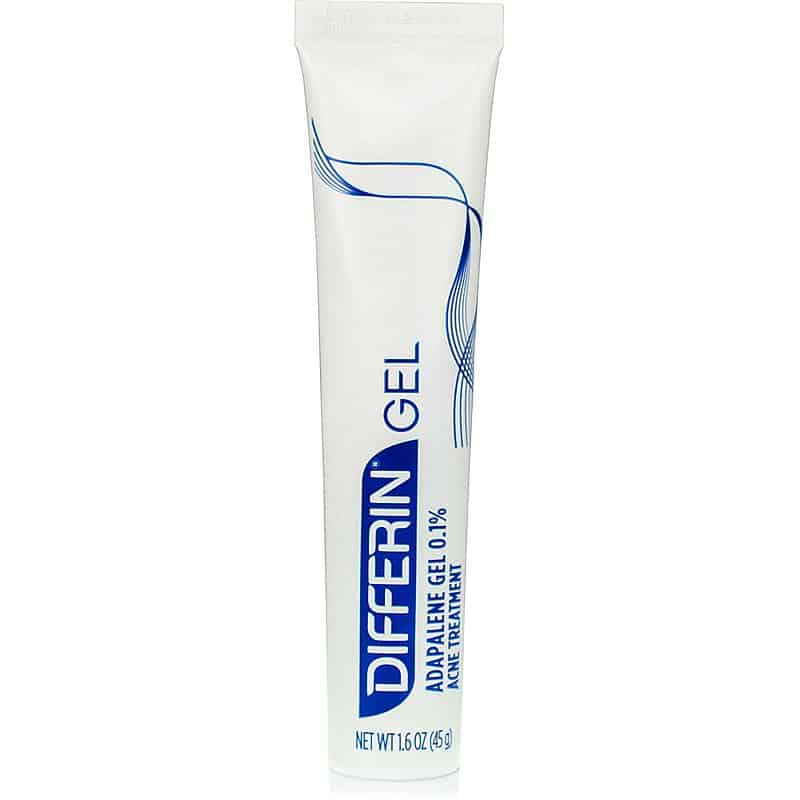
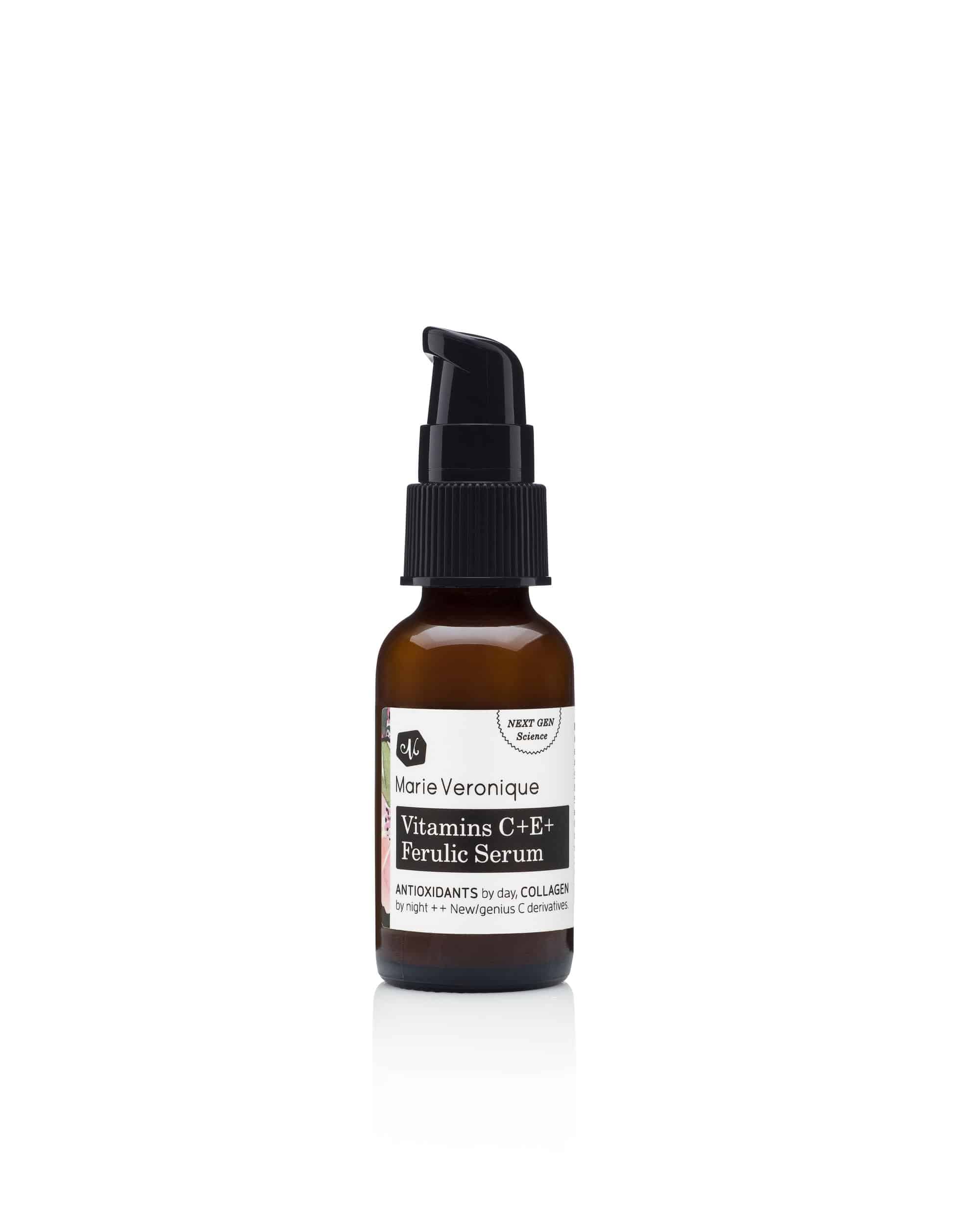
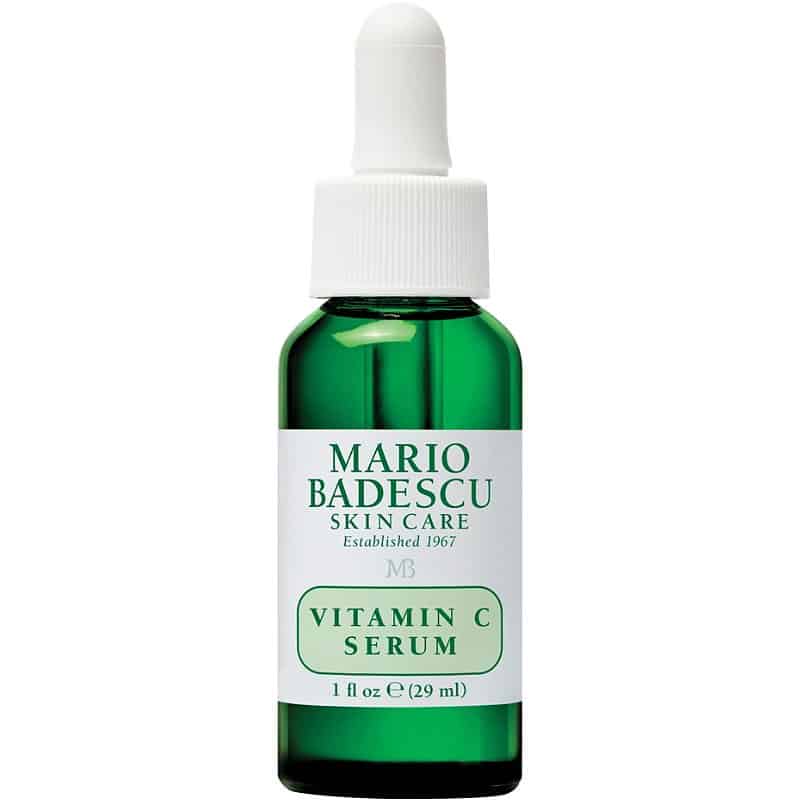
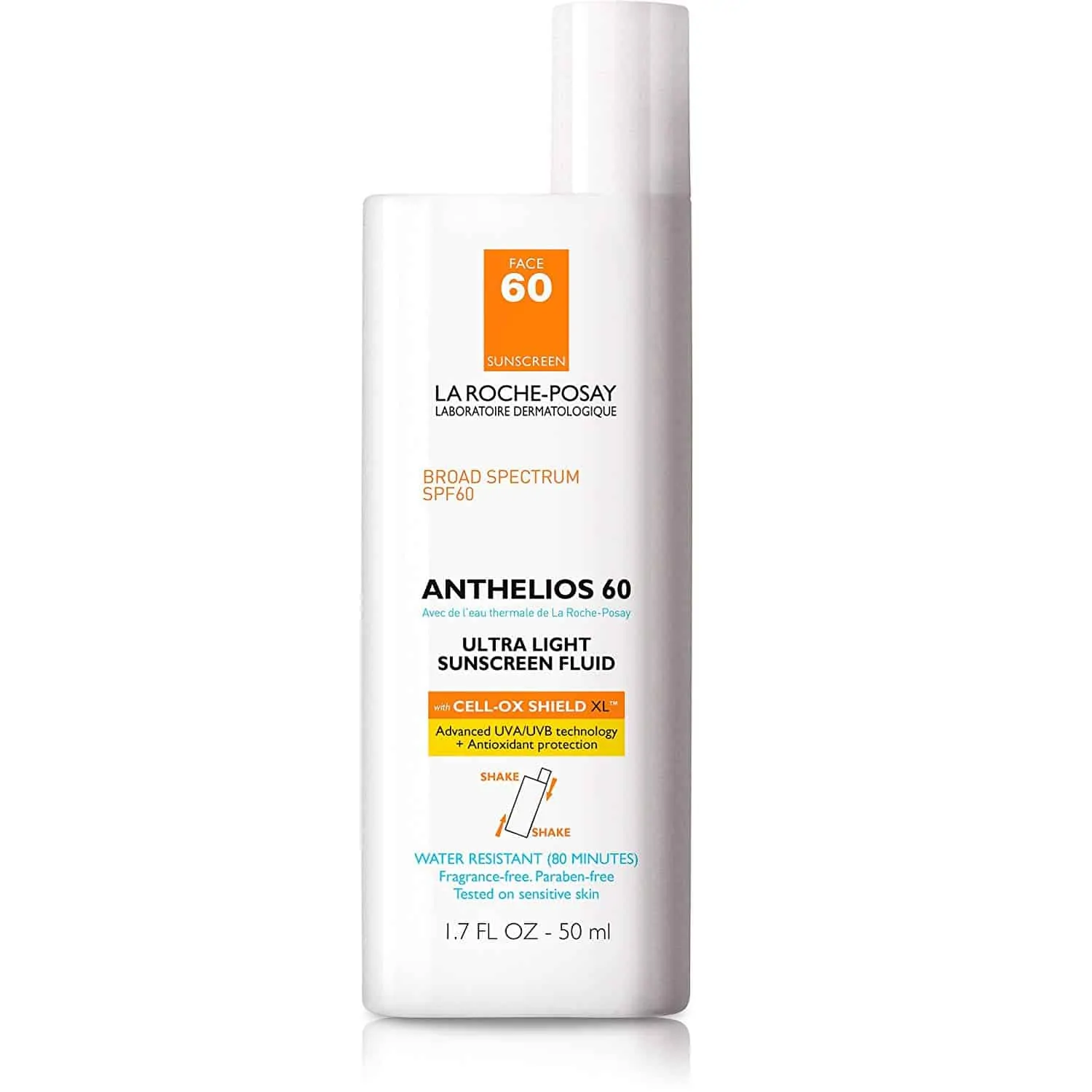
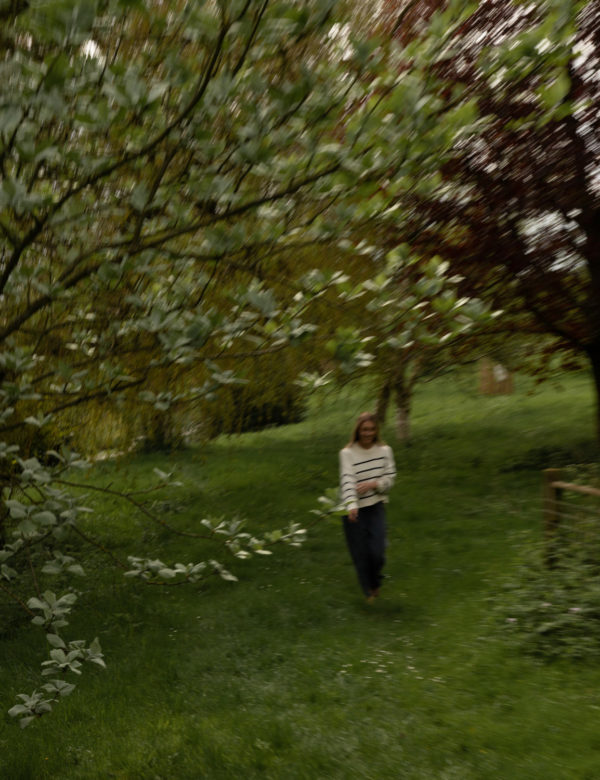
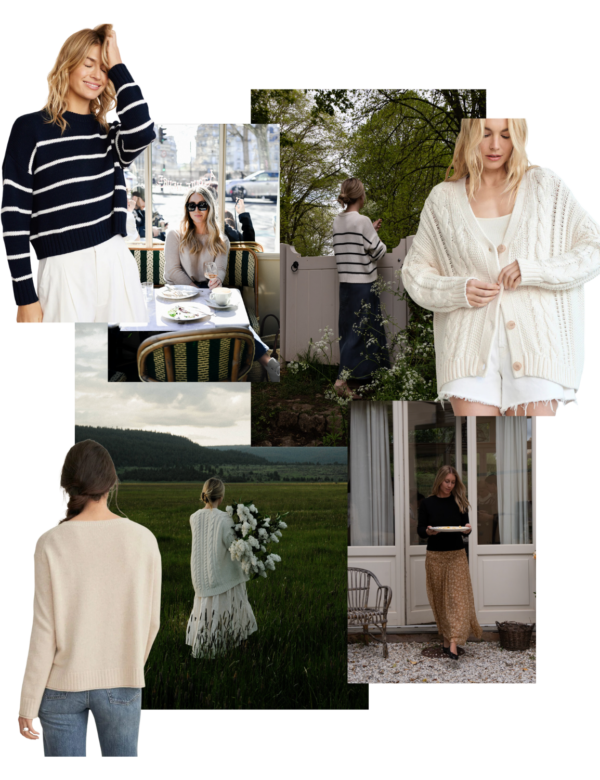


Thanks for such a pleasant post. This post is loaded with lots of useful information. Keep it up.